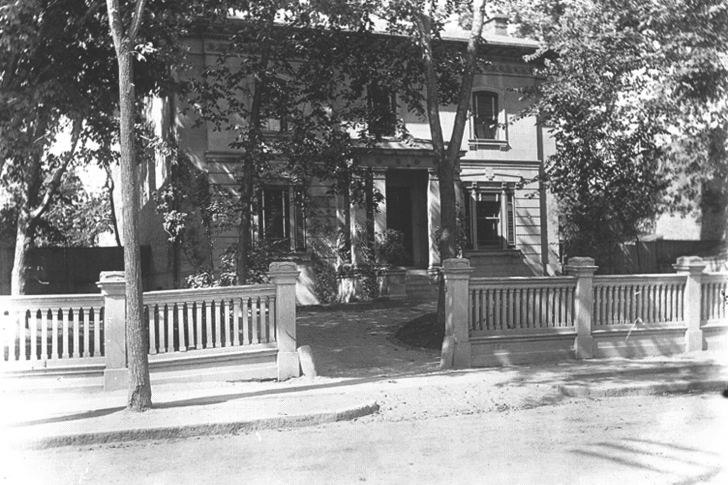For the past two decades, housing prices in Montreal have risen consistently by around five percent per year. While students from other Canadian universities, such as the University of Toronto and the University of British Columbia, have benefited from large scale affordable housing projects sponsored by their universities, McGill students are still waiting for theirs. This past October, the Students Society of McGill University (SSMU) took its first step towards providing affordable housing by approving a motion for the creation of an Affordable Housing Committee. This newly created group, however, has been hesitant in implementing concrete measures to address housing concerns. As students of a major Canadian university, McGill students deserve better than an indecisive housing committee.
The Montreal historically known to Canadians as relatively affordable is rapidly changing. Indeed, average rent has risen approximately $250 since 2008. Even more troubling, the city’s vacancy rate has just hit its lowest point in over 15 years, meaning that merely finding a place to rent can be difficult. Faced with higher prices and fewer housing options, students looking for a place to stay during the semester are confronted with a strenuous process. Due to high demand and low vacancy rates, more than 5,000 students in Montreal found themselves unable to secure a room in a university residence in 2016. While many cities comfortably provide school residences to more than half the students within the city, Montreal struggles to accommodate even three per cent of its student population.
“The Montreal historically known to Canadians as relatively affordable is rapidly changing. Indeed, average rent has risen approximately $250 since 2008.”
Students living off-campus also face distinct challenges. Those choosing to reside downtown must deal with some of the highest rents in the city, while those living further away from campus deal with longer commutes and decreased access to campus activities. Moreover, as a result of the inflated rent of certain neighbourhoods such as the Plateau Mont-Royal, many McGill students feel compelled to work more than 20 hours per week. Of these students, a significant portion feel overwhelmed by the necessity of juggling both working and studying. Research suggests that there is a clear link between the quality of a student’s mental health and their perceived financial stress. McGill could improve students’ mental wellbeing by providing them with accessible housing.
While the city’s government has recognized the problem of unaffordable housing and promised to build thousands of new rent-controlled living spaces by 2021, it is apparent that McGill is not following suit. The scope of the newly formed Affordable Housing Committee within SSMU pales when compared to the efforts put in by the city and by other universities. The committee aims to provide students with around 150 new units of rent-controlled apartments, though they remain unsure about how these units are to be funded, and seem to still be in the process of discussing whether temporary housing should be offered alongside apartments.
L’Unité de travail pour l’implantation de logement étudiant (UTILE), the organization in charge of carrying out the construction of affordable units for SSMU, has estimated that a student fee of around five dollars per semester for 10 semesters would be enough to cover a significant portion of the cost of providing more affordable housing to students. Despite such a streamlined and straightforward way of acquiring funding, SSMU seems hesitant to implement this fee.
“While the city’s government has recognized the problem of unaffordable housing and promised to build thousands of new rent-controlled living spaces by 2021, it is apparent that McGill is not following suit.”
Even in Montreal, however, McGill lags behind its peers. The Concordia Student Union’s housing project is similar to that of SSMU, but has been well under way since 2014 and is set to be completed next year, while The Université de Montréal’s newly constructed campus in Outremont comes with 225 units of affordable housing.
In the face of increasingly expensive housing, SSMU seems uncertain about how to react. Considering that McGill is already behind when it comes to affordable housing, the union’s Affordable Housing Committee would benefit greatly from a healthy dose of urgency. Students have been waiting long enough.









Thank you Yuecheng, very cool!